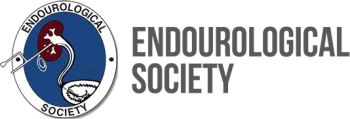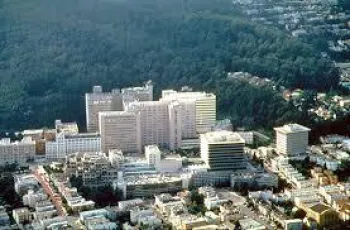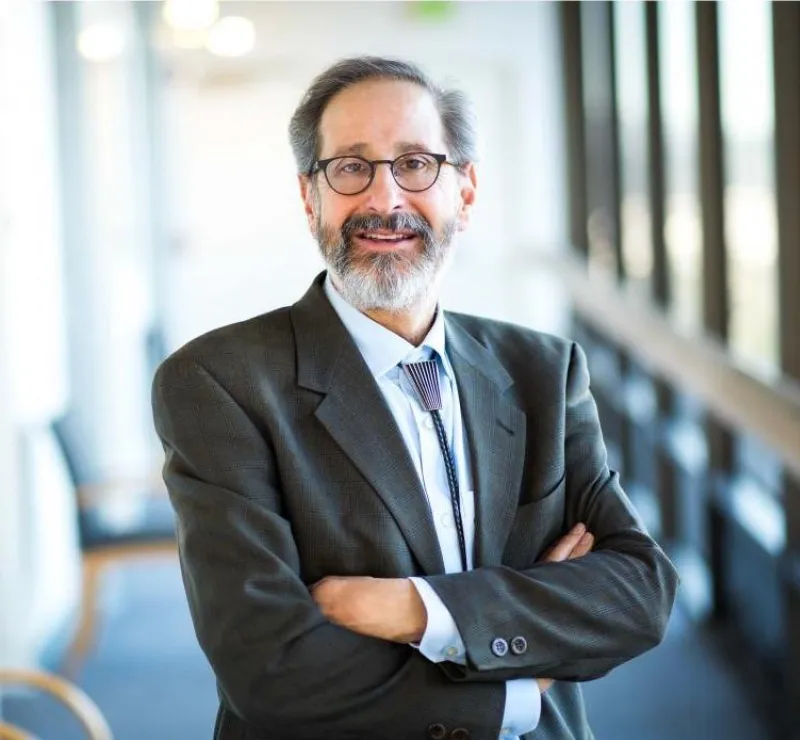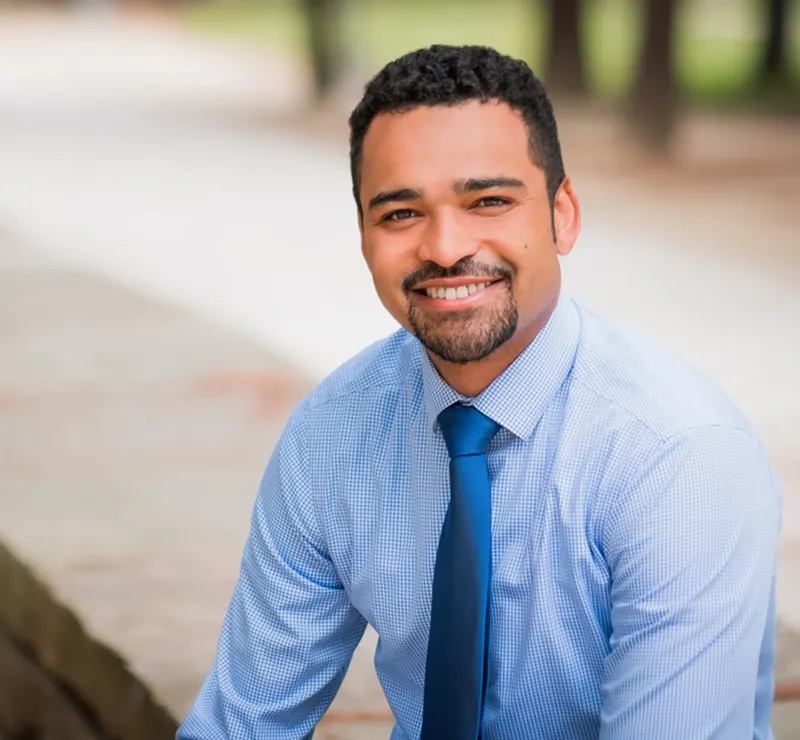Endourology, Robotic Surgery & Laparoscopy Fellowship

The Endourology Fellowship at UCSF under the joint direction of Drs. Marshall Stoller and newly appointed fellowship director, David Bayne aims to train innovative, superb clinicians and researchers and provide them with the tools to pursue careers in academic urology and research. The program seeks to attract bright, committed, and compassionate applicants, who aspire to become future leaders in this specialty. The program has trained fellows since 1989 and was accredited with the Endourological Society starting in 2018. The recruitment goal of the training program is to recruit one fellow each year committed to one or two years of fellowship training. In the one-year program, the fellow would be primarily clinical with approximately 20% research time. In the two-year track, the fellow would have one primarily clinical year as above, and one primarily research year where there is dedication to developing advanced skills in research and grantsmanship with approximately 20% clinical time.

Clinical Training Opportunities
The fellows’ clinical training includes exposure to all aspects of medical treatment of urinary stone disease, surgical endourologic techniques, and mastery of laparoscopic/robotic and minimally invasive surgery before completing their fellowship. Graduating fellows will be proficient in both fluoroscopic and ultrasound guided percutaneous renal access techniques from both the supine and prone positions. They also will gain proficiency in advanced ureteroscopy and holmium laser enucleation of the prostate (HoLEP) as well as advanced laparoscopy and robotic surgery. Typical fellows complete at minimum 200 ureteroscopy, 180 percutaneous nephrolithotomy (PCNL), and 50 HoLEP cases in addition to 150 laparoscopy or robotic cases.
Research Training Opportunities
For the research aspect of fellowship training, fellows are exposed to a broad range of basic, clinical, and translational research work. They have ample opportunity to be productive, publishing manuscripts as well as presenting their findings at national and regional scientific meetings. Their training will include mastering strategies to optimize study design and the basics of grantsmanship.
Multiple federally funded projects are currently ongoing that provide fellows with a vast array of areas on which to focus, whether it be clinical, basic, translational, or device development research. Examples include an ongoing prospective research study funded by the NIH currently establishing a high-quality novel registry in urinary stone disease called ReSKU (The Registry for Stones of the Kidney and Ureter) to understand the natural history of kidney stones and their recurrence. This registry has supported clinical research projects focused on advancing our implementation of disposable ureteroscopes, ultrasound guidance for stone surgery, and novel therapeutics. In addition, we have performed and are currently analyzing an open randomized placebo-controlled clinical trial for cystinurics. Multiple studies in the novel uses of ultrasound in urinary stone disease treatment and diagnosis are also being undertaken. Current fellows are engaged in data analysis and manuscript preparation related to all these projects from a clinical research perspective which includes but is not limited to research in epidemiology and health services. An active laboratory experience also exists supporting innovations in papillary imaging to understand the microscopic architecture of the kidney that contributes to kidney stone formation. In addition, translational work in genomic and microbiomic analysis of kidney stone patients is underway. We also have active partnerships and research collaborations with urologist colleagues in Uganda, Guyana, and other academic centers Sub Saharan Africa and the Caribbean were faculty travel frequently. If interested, fellows are encouraged to participate in coursework development and implementation to build surgical capacity in minimally invasive techniques at our international partnership sites.
All these projects are performed under the joint mentorship of all key faculty, including basic science as well as clinical faculty. Depending on the fellows’ own area of interest, they will be encouraged to engage in a main project as a framework in which to learn research skills. In this core area, fellows are expected to participate in designing research protocols, learning new laboratory techniques, performing experiments, and/or analyzing data in addition to preparing manuscripts and oral presentations related to their research work. The goal for graduating fellows is to build the foundation of a fundable research program to support their academic careers that they will be able to carry forward leaving fellowship. Fellows are expected to publish in peer-reviewed journals and present their work at regional, national, and international meetings.
This combined approach to fellowship training utilizing both rich clinical and research experiences will provide graduating fellows with the tools to pursue long and productive careers in endourology.
Application Process
We participate in the Endourological Society process administered by the American Urological Association (AUA).
Program Prerequisites/ Preferences
- Candidate must have completed an ACGME accredited Urology Residency Training Program
- Candidate must be a United States citizen
- Special interest in future academic and scholarly activities is considered highly favorable
- Preferably be a candidate for the American Board of Urology
- Candidate must be eligible to obtain a California medical license (please refer to the CA Medical Board for eligibility requirements)
Applications are due February 20th, 2026, 17 months prior to beginning fellowship.
Application Packets should include:
- Cover Letter
- Endourological Society application
- Curriculum Vitae
- Personal Statement
- (3) three letters of reference
- A headshot photo (jpeg)
Submit application packets via email to Marshall Stoller, MD and David Bayne, MD, MPH Endourology Fellowship Program Director c/o Katherine Jung, [email protected]
2026 Match Information
As of May 2023, in adherence to the UC Policy, UCSF OGME and in support of the AAMC, virtual interviews only will be conducted for the next match cycle.
Virtual Interview Date
- Monday, April 20, 2026
UCSF does not use race, gender, sex or other protected categories or proxies for protected categories in the selection process.












